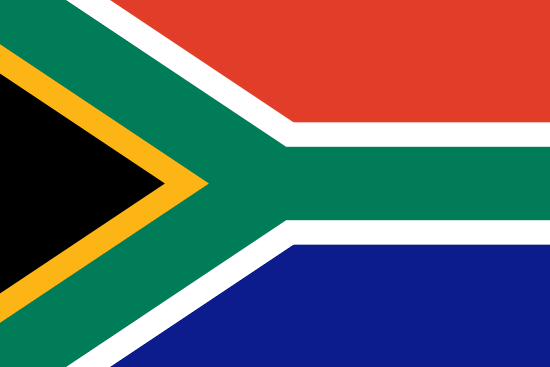"Cape Town: The Mother City | Cape Town: The Mother City"
About:
Cape Town, South Africa, was established by the Dutch East India Company in 1652 as a resupply station for ships. It became a British colony in 1806. The city was a focal point of both racial segregation policies and anti-apartheid movements in the 20th century. Since South Africa's transition to democracy in 1994, Cape Town has developed into a multicultural metropolis and a major global tourist destination.
When to visit:
Cape Town, a coastal city in South Africa, boasts a Mediterranean climate with warm, dry summers and mild, wet winters. The peak tourist season typically occurs during the summer months of December to February when the weather is ideal for outdoor activities and beach visits. However, visiting during the shoulder seasons of spring (September to November) and autumn (March to May) can also be delightful, offering pleasant temperatures and fewer crowds. Winter (June to August) is the low season in Cape Town, characterized by cooler temperatures and increased chances of rainfall, but it's a great time to explore indoor attractions and enjoy lower accommodation rates.
When to avoid:
The worst time to travel to Cape Town on a holiday is during the winter months of June to August. Known for its cold and rainy weather, Cape Town experiences its lowest temperatures during this period, with average highs ranging from 57°F to 66°F. The city's famous beaches are less inviting during winter, and outdoor activities such as hiking and wine tours may be less enjoyable in the damp conditions. Travelers looking to experience Cape Town's vibrant outdoor culture and scenic beauty may want to avoid visiting during the winter months.
"Winter (June–August)"
Cape Town's coldest and wettest season falls between June and August, with average temperatures ranging from 7-18°C. Rainfall is highest in June, averaging at 93mm, often falling in persistent showers. Sunlight is limited to approximately 5-6 hours per day, with cloud cover frequently present. Winds can be strong, particularly near the coast. An average day for a visitor might involve bracing walks under overcast skies, interspersed with indoor activities, such as visiting museums or cafes, to escape the frequent rain showers.
Summer (December–February)
In Cape Town, the warmest part of the year is during the summer months, from December to March. During this period, the average high temperatures are around 26-28°C (78-82°F), while the lows typically hover around 16-18°C (60-64°F).
Rainfall is minimal in summer, with January being the driest month. The city experiences an average of 11 hours of daylight per day, providing ample sunlight for outdoor activities. Humidity is relatively low, generally around 40-60%, contributing to the comfort of the warm temperatures.
Cloudiness varies, but clear or partly cloudy days are more common, with full cloud cover being relatively rare.
For a visitor, a typical summer day in Cape Town would feel warm but not excessively hot, with a light breeze coming from the Atlantic Ocean. The mornings often start with a bright, clear sky, with some clouds potentially rolling in as the day progresses. The lack of rainfall and low humidity make it ideal for outdoor activities like hiking Table Mountain or visiting the beach. The evenings are comfortably cool, perfect for enjoying the local cuisine at an outdoor restaurant or taking a leisurely stroll along the waterfront.
Language:
In Cape Town, the most widely spoken languages are Afrikaans, English, and Xhosa. Afrikaans, a language with Dutch roots, is the primary language of nearly half the population. English is also widely used, particularly in business and education. Xhosa, a Nguni Bantu language, is spoken by a significant portion of the population, particularly the Xhosa people who are native to the region.




